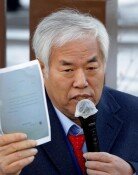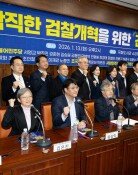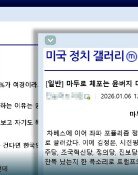New hiring at state-run enterprises halves in two years
New hiring at state-run enterprises halves in two years
Posted February. 10, 2022 07:52,
Updated February. 10, 2022 07:52
The number of new hires by public enterprises, which significantly increased at the beginning of President Moon Jae-in’s term, has halved in two years. The extent of the reduction is significant, and difficult to justify purely by the pandemic. State-run companies have limited new hires, but multiplied hires of high-paying executives, many of which have close ties with the ruling party.
The number of new hires at 35 public institutions back in 2019 was 11,238, which went down by 47.3% to 5,917 last year. The Korea Railroad Corporation reduced new hires by 64 U.S. dollars in just two years, as done by other large-scale public enterprises. This might be inevitable for public enterprises involved in transportation and tourism due to the pandemic, but less hiring at public enterprises in other fields is happening due to limiting new hires of regular workers and the government’s excess control of capping public service fees, aggravating profits.
Public enterprises, which are required to deliver job-creation performance amid limited hiring circumstances, are forced to increase intern positions. These are short-term jobs that last for only one to five months without any possibility of contract renewal or longer-term commitments. They offer extra points for hire, but most of the work intern jobs are assigned to repetitive and simple work. Very limited cases lead to new hires, thus are not preferred by the youth. Nevertheless, the government says that it will increase the number of intern positions at public institutions to more than 22,000.
On the other hand, hiring opportunities at executive level positions at public enterprises are wide open for those with close ties with the government or ruling party. The number of standing executives at public institutions, which stood at 45 back in 2019, has grown to 91 as of last year. More than 60 positions for directors, CEOs, auditors at public financial institutions have been filled by pro-government leaders. Strings have been pulled to fill positions for those that lack expertise. The scandal at the Ministry of Environment is a testament to this case, a desperate move to secure their stability with the outgoing government.
Though they occupy monopoly positions, state-run enterprises are corporations. They cannot increase hiring unless they see higher revenue, productivity, and profits. The government’s urging to increase jobs at state-run companies, stating that job creation should not rely on the private sector alone, is leading to employment crunch. It is impudent to pull strings to assign pro-government leaders in executive positions at struggling state-run corporations when the government’s policies have resulted in failure.



![[속보]윤석열 사형 구형…내란특검 “전두환보다 엄정히 단죄해야”](https://dimg.donga.com/c/138/175/90/1/wps/NEWS/IMAGE/2026/01/13/133151283.1.jpg)



